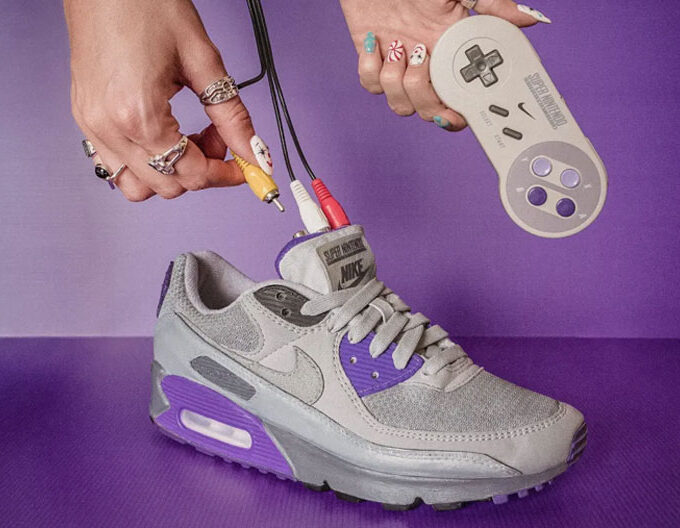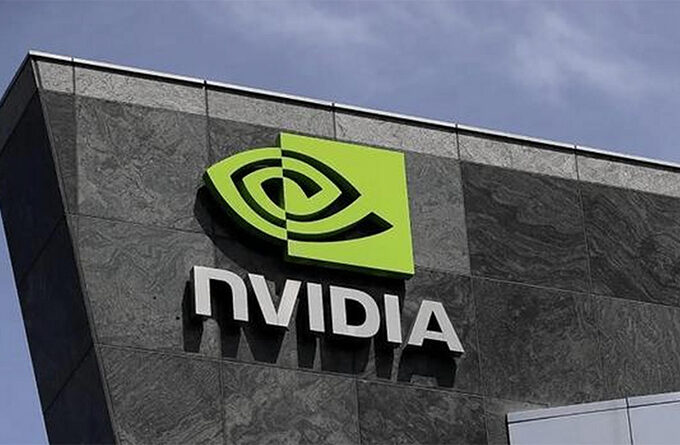Over the past decade or so, Xbox has been at a disadvantage in the console hardware market. Facing strong competition from Sony PlayStation, Microsoft has had to seek breakthroughs in a number of areas, especially in the field of game subscription services, Microsoft launched Game Pass and successfully shifted its strategic focus from hardware sales to service subscriptions. This shift not only helped Xbox open up a new business model, but also allowed it to find a new growth point in the increasingly competitive gaming market. Through Game Pass, Microsoft has attracted a large subscriber base and, through a cross-platform approach, allowed gamers to enjoy Xbox’s library of games on their TVs, PCs and even mobile devices without having to purchase an Xbox console. With this innovation, Xbox has gradually increased its market share in the global gaming industry.
However, despite this, Xbox head Phil Spencer made an important statement in a recent interview with Rolling Stone, revealing that Microsoft will still continue to produce and launch Xbox consoles and will not abandon the hardware market.Phil Spencer said that Microsoft will continue to focus on and invest in the console hardware space, suggesting that while the Game Pass subscription model has become a key business for the company, hardware remains an integral part of the Xbox ecosystem. This statement broke the speculation that Microsoft might abandon the console hardware business, and rekindled the industry’s interest in and discussion of Xbox’s future strategy.
Xbox’s hardware strategy: diversification and innovation go hand in hand
In the interview, Phil Spencer emphasised that Microsoft remains bullish on the future of hardware despite the overall slowdown in the console market. He mentioned, ‘We love these users, but in order to continue to expand and grow Xbox, we need to focus on PCs, cloud computing, and making our games more accessible in more places.’ This statement shows that while hardware remains a core component of Xbox, Microsoft has looked beyond the traditional console market to expand Xbox’s gaming ecosystem to more devices through a cross-platform service model.
For future hardware offerings, Phil Spencer revealed that Microsoft is working on a new Xbox handheld, signalling a push to diversify its hardware strategy. The launch of this handheld could be part of the expansion of the Xbox ecosystem, aiming to meet the needs of a diverse group of gamers while further strengthening the overall appeal of Xbox as a gaming platform. By continuing to innovate in hardware, Microsoft is not only maintaining the loyalty of traditional gamers, but also attracting new users into its ecosystem. the development of the Xbox handheld also confirms that Microsoft is not abandoning the hardware market, but rather adapting to different market needs by launching new devices and platforms.
In addition, Microsoft is continuing to explore ways to enhance the player experience through different types of hardware. This strategy of hardware diversification allows Xbox to offer more innovative and diverse options beyond the traditional console, such as streaming devices that incorporate cloud gaming technology and lightweight portable devices. This strategy of combining hardware and services will greatly enhance the compatibility and scalability of the Xbox ecosystem, allowing players to choose the most appropriate device based on their individual needs and preferences.
Mid-gen upgrade myth: Xbox not taking the traditional route

Talking about the possible direction of future console hardware, Phil Spencer put forward an interesting point of view, that is, Xbox will no longer blindly follow the industry trend of launching mid-generation upgraded consoles like PS5 Pro. He pointed out that as hardware technology matures over time, the marginal benefits of performance improvements gradually diminish, especially in terms of image quality, resolution and other improvements have reached a bottleneck. ‘There are diminishing returns to increased power,’ said Phil Spencer, ’especially the difficulty of demonstrating such benefits on previous-generation hosts. The increasing difficulty in improving resolution and image quality makes it less meaningful to launch a mid-generation upgraded console like the PS5 Pro.’
In this regard, Microsoft’s thinking is very different from the traditional approach of manufacturers such as Sony. the launch of mid-range hardware upgrades such as the PS5 Pro is designed to attract players to upgrade their devices by improving performance and image effects. However, Phil Spencer believes that simply pursuing higher hardware performance is no longer the focus of market demand, and that innovation in gaming and enhancement of the player experience are the true goals of future hardware development. As a result, Xbox may seek to drive hardware evolution through more innovative means, rather than relying solely on stronger processors and graphics cards to improve game performance.
Cloud gaming: the centre of gravity for Xbox strategy
In addition to innovations in traditional hardware, Phil Spencer emphasised the centrality of cloud computing and cloud gaming in the future Xbox strategy. The rapid development of cloud gaming technology provides players with a new gaming experience that transcends the limitations of traditional hardware. Through Game Pass, players can not only play Xbox games on PCs and consoles, but also seamlessly play on smartphones, tablets and even smart TVs. This cross-device, cross-platform gaming experience allows players to enjoy content from the Xbox ecosystem anytime, anywhere, without having to rely on expensive hardware.
Microsoft’s cloud gaming strategy not only provides players with a convenient way to play games, but also opens up new markets for Xbox. With the rapid development of 5G, edge computing and other new technologies, the performance and experience of cloud gaming will continue to improve. In the future, players will be able to enjoy a high-quality gaming experience almost identical to that of a host without a traditional host. Through this combination of cloud and hardware, Xbox is building a more flexible and open gaming platform that allows users to access its ecosystem through a wide range of devices, all of which cannot be separated from Microsoft’s strong cloud computing infrastructure support.
Hardware and cloud go hand in hand: a vision for the future of Xbox
Microsoft’s ultimate goal is not just to become a hardware manufacturer, but to provide a seamless gaming ecosystem through the combination of hardware and cloud services. In terms of hardware innovation, Microsoft may introduce devices that are completely different from the past, combining cloud computing and AI technology to make the gaming experience more personalised and intelligent for players. This parallel strategy of hardware and cloud will help Xbox stand out in a competitive market.
For future players, Xbox is not just a console, but a cross-platform, cross-device open gaming platform. Whether through the traditional Xbox console, or through mobile devices, handhelds, or even TVs, Xbox will provide players with a richer and more flexible gaming experience. And this fusion of hardware and cloud is the key to Microsoft’s response to future changes in the gaming industry.
Conclusion: towards a broader future
Overall, Phil Spencer’s message suggests that the future of Xbox is not just dependent on the traditional console hardware market, but a more diverse, cross-platform gaming ecosystem. Microsoft has continued to expand its market share and user base by constantly innovating hardware and cloud-based technologies to drive the global expansion of Game Pass. At the same time, Microsoft has not given up on hardware R&D, but has provided players with more diverse choices by introducing new devices and forms of hardware.
The Xbox of the future will be more than just a game console; it could be a handheld, a streaming device, a cloud gaming platform, or even an evolving creation and entertainment centre. In this era of parallel development with hardware and cloud, Xbox’s innovation and flexibility will help it occupy an even more important position in the future of the gaming industry.












